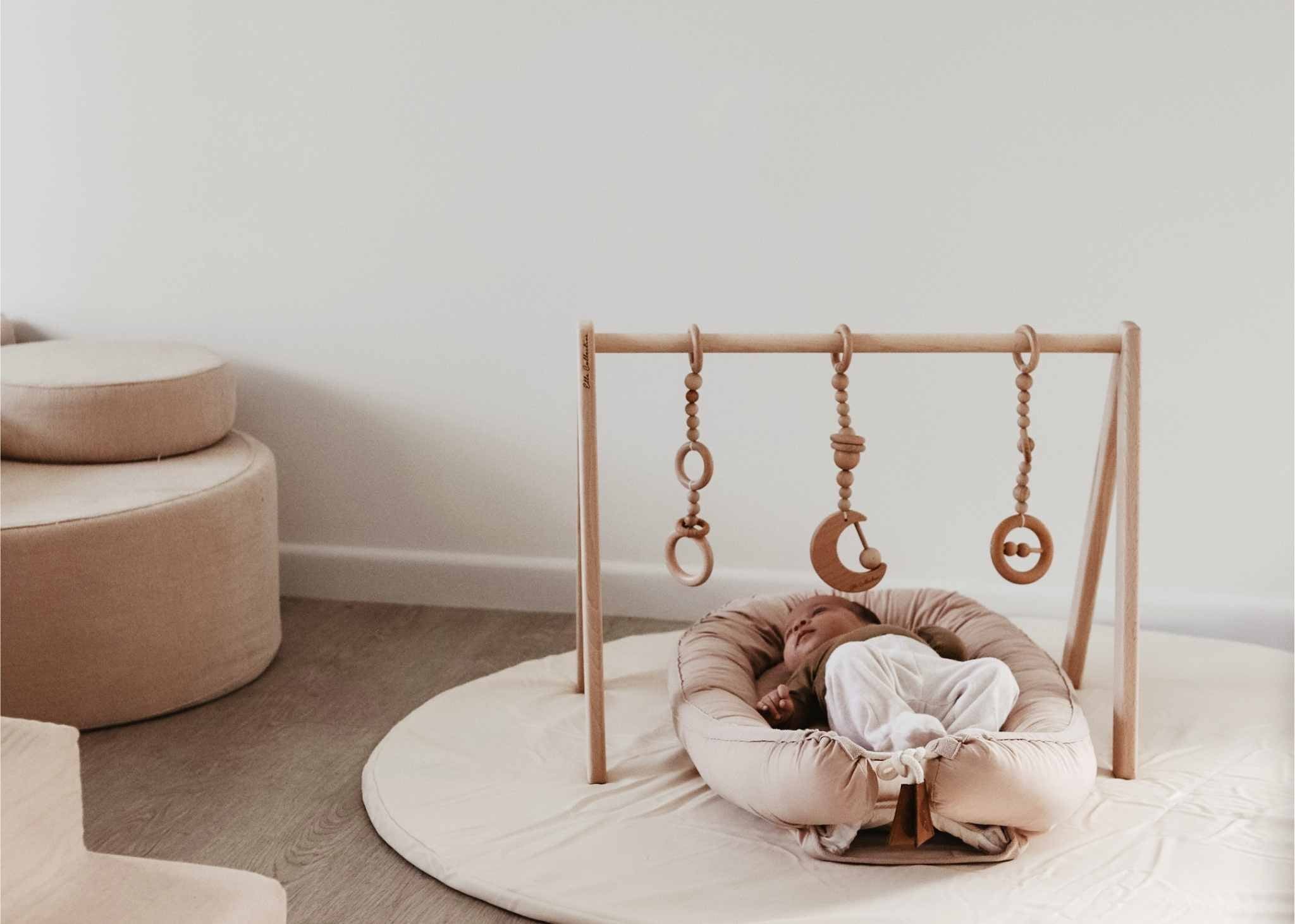Every purchase we make as a consumer, regardless of whether it's organic or recycled, has an environmental impact. So this peak holiday sales season we're encouraging consumers to think more mindfully and consciously before they hit that 'buy button'.
Here's our top 3 tips for being a more conscious consumer this Black Friday.
1. Choose Quality Over Quantity
Choose less, but better quality. Why? Because every time a product is produced it takes something from the planet we can’t give back. Each time you make a purchase, regardless of whether it is organic or made of recycled materials, it emits several times its weight in greenhouse gases, generates wastage, and draws down on large amounts of precious freshwater that is now a scarce commodity everywhere on the planet.
Buy better quality items that will stand the test of time. Buy baby products that can be passed from sibling to sibling, and then give it a new life with another family or pass it down through the generations. Make sure whatever you buy is around for many milestones and memories, not just your own. And lastly, ensure that the product is made of natural materials so that when it has reached the end of its life it can be returned peacefully to Mother Earth.

2. Opt for sustainable purchases
To reduce environmental damage, we have to not only reduce consumption (quality over quantity) but we have to opt for products that are produced in more environmentally sensitive, less harmful ways. The easiest ways to shop more sustainably are:
- Buy locally produced Australian-made products instead of imported ones (always stop to think how far the product you are buying has travelled to reach the shelves).
- Opt for plastic-free and polyester-free options always and avoid buying products that have been excessively packaged, or packaged in materials that can't be recycled.
- Choose products that have been responsibly sourced and produced without the use of harmful chemicals or pesticides, such as organic natural materials.
- Buy second hand products - these items are always champions for the environment as they don’t require any extra energy output or water wastage.

3. Watch out for greenwashing
Unfortunately, one challenge we and many other sustainable baby brands grapple with is greenwashing. Despite our commitment to sustainable and plastic-free products since our launch in 2015, consumers can get jaded by the words 'sustainable’, ‘eco’, ‘organic’ as many retailers use these incorrectly and disingenuously.
Always find out EXACTLY what is in your product. Some Baby Nests (and other baby products such as Nursing Pillows and even toys) market themselves as 100% cotton, when in fact the inner is made of PP Cotton (or polyester). It’s not enough just to trust the ingredients a brand has listed on their website - ask them what is also inside their products. As someone who has been fooled many times by misleading marketing, it’s always worth asking the question - especially when it comes to your little ones.
Also remember that recycled polyester although marketed as ‘eco friendly’ is STILL polyester. It will still end up in landfill one day, and even worse, recycled plastics can actually leach MORE chemicals than virgin plastic. Do you want your baby absorbing these endocrine disrupting chemicals and toxins? I for one don’t! Recycled polyester is admirable but it is not the long term solution. Reducing plastics entirely is the solution.
We hope these tips on how to be a more conscious consumer will help you navigate the mine field of peak holiday sales season. We can guarantee if you follow these tips you'll make the most sustainable choices for your bub, your wallet and the planet.



